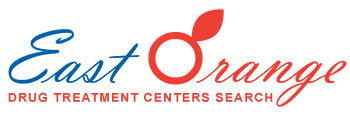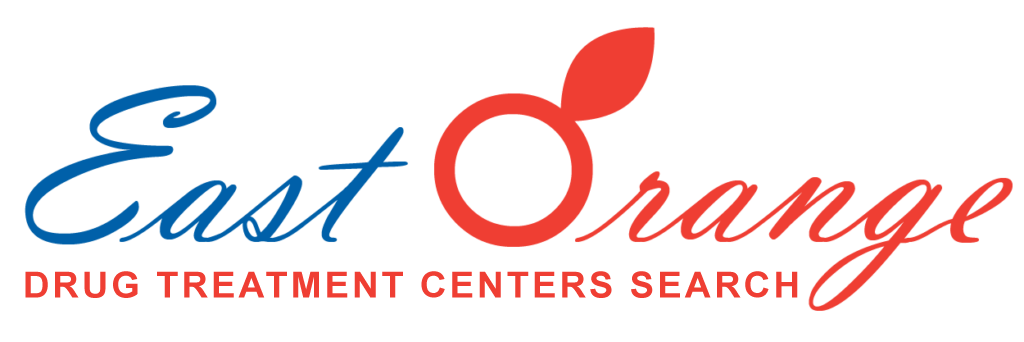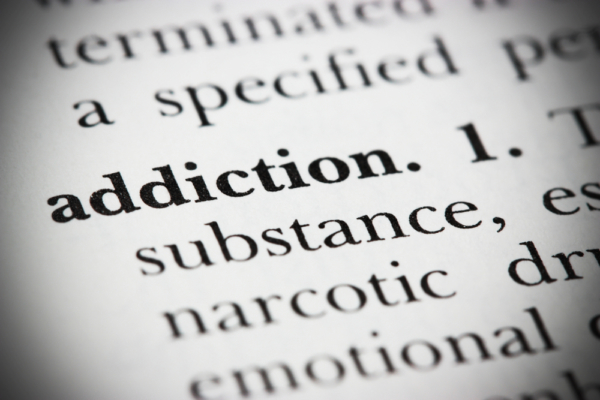Everyone acts in specific ways at one time or another and drug addicts may seem to have consistent and profiled behavior patterns, but that is not always the case. Some people can perform tasks and function very well under the influence of drugs, while other people may have a low tolerance to drugs and perform differently. Looking for addict behavior to determine if your loved one has a drug problem may not always be conclusive evidence that he is using, but more often than not these behaviors are a dead giveaway that something is wrong. Each different drug carries their own unique set of symptoms that may influence an addict’s behavior, and alcohol may also produce specific behaviors in alcoholics. Today we will explore the variety of behaviors that often accompany drug and alcohol addiction.
Addict Behavior
The first thing we should understand is that drugs and alcohol affect the human brain both physically and psychologically, which in turn affects behavior. Mind altering drugs interfere with the brain’s chemistry and neurotransmission capability. Signals from the brain to the rest of the body may be altered by drugs and alcohol and create various symptoms. Coordination, memory formation, movement and concentration may be impaired and sensory and time perception altered. Addicts may have difficulty learning new tasks and also have lapses in memory. Some drugs cause a flooding of the chemical dopamine to enter the brain and remain there for several hours.
Dopamine affects the central nervous system and creates feelings of a euphoric high and pleasure in the user and also blocks the perception of pain. Alcohol may cause slurred speech, awkward body movement, memory loss, the inability to make sound judgments, and slow down reflex response time. Alcoholics may have blackouts where they are functioning but don’t have any recall of their behavior or events. Addiction behaviors also include anger, irritability and violent outbursts resulting in physical altercations and abuse. Unexplained bruising may result from violent or risky behavior.
Traits of an Addict
Addicts can be in a state of lethargy or become very talkative depending upon what chemicals are in their drugs. Abusing drugs and alcohol may affect the brain in ways that cause impairment of functions, permanent damage and mental disorders such as anxiety, depression, ADHD and psychoses. Amphetamine addiction may cause increased energy and mental alertness, agitation, a decreased appetite and insomnia. Amphetamine addicts may become paranoid, hostile and experience hallucinations. Heroin addicts may experience extreme mood swings and anxiety, and become aggressive and hostile. All addicts in general may feel lonely, sad, hopeless and depressed, which can lead to suicide ideation and acts.
Addicts will alienate themselves from loved ones to hang out with other drug addicts or alcoholics. They may turn to criminal activities to get money for their drugs and find themselves in jail. Their health will deteriorate and they may develop serious diseases, putting an extra burden on their mind and body. Addicts will often deny that they have an addiction problem, and they also like to put the blame for their problems on other people and situations. They may try to manipulate anyone they can to get their way and will lie through their teeth with a smile on their face. They may become very adept at the game of deception.
Another aspect of addiction behavior may be that the addict becomes reclusive and secretive, as if they are trying to hide something. Erratic or strange behavior may also be a symptom of the effects of drugs or alcohol. Being overly sensitive or becoming defensive and hostile can be another trait of drug abuse. Any consistent behavior that is out of the range of a person’s normal actions can be a sign that something is amiss.
The best thing to do, if you think your loved one is an addict, is to have an intervention; gently but firmly approach the addict about his possible addiction and the fact that he needs professional help. Interventions are designed to get an addict to admit that he has an addiction problem and to make him agree to get help to recover. There are many resources and therapies available to help your loved one recover from addiction and begin to lead a happy and healthy life. Just give East Orange Drug Treatment Centers a call at (862) 930-4070 for information.



